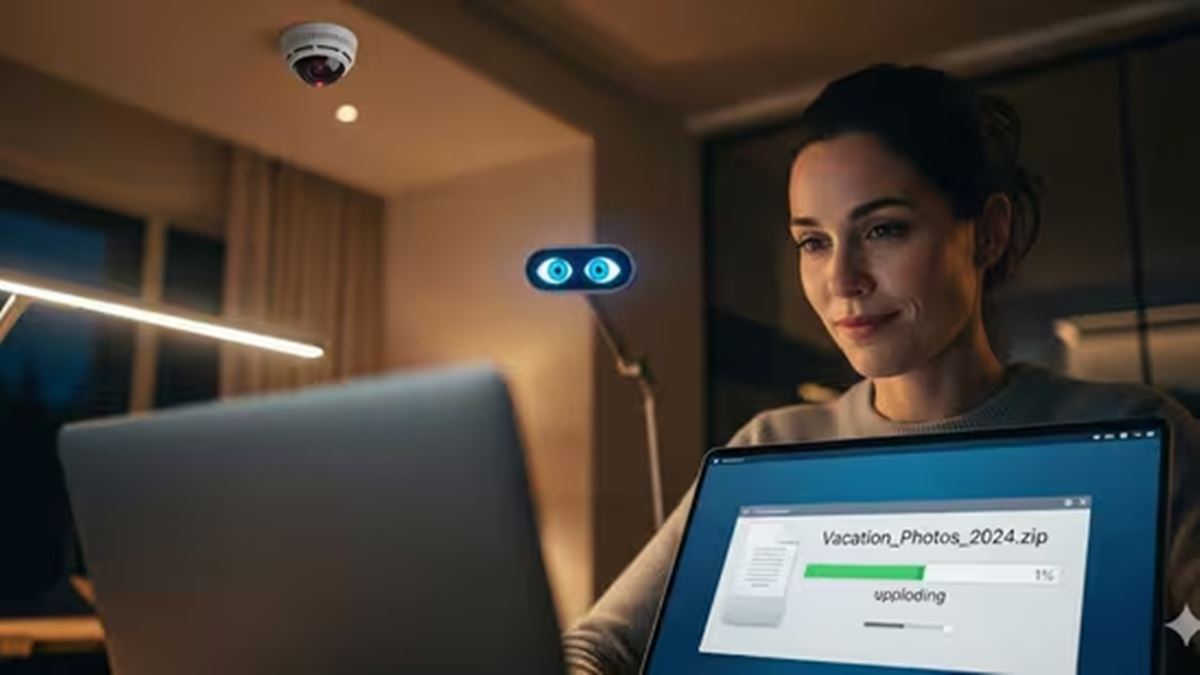When your office laptop drags its feet, it’s easy to blame ageing hardware or clunky software. For a growing number of workers, though, there’s another culprit hiding in plain sight. We’re talking about employer spyware that tracks every move, often without much explanation. According to Apploye’s 2025 statistics, over 86% of companies now use some form of monitoring software. This isn’t limited to simple time-tracking. Many tools record keystrokes, log which apps are open, and snap screenshots at random intervals. This level of oversight borders on intrusive for many.
A worker’s startling discovery
One office worker recently shared her story on Reddit and described noticing her computer slowing down. After a bit of digging, u/Rakhered discovered that employer-installed surveillance was to blame. The program was consuming a third of her laptop’s memory, leaving her frustrated but undeterred. She swapped out the tracker for a lookalike file that didn’t run the spying process, tricking the software just enough to give her machine breathing room. She was aware of the risk, posting online, “Man I hope IT doesn’t come knocking.” While her fix was clever, she drew both praise and warnings from the online community. Some commended her resourcefulness while others pointed out how easily IT could catch on.
Stories like this aren’t rare. Reports from the American Psychological Association highlight the mental strain of employee surveillance. According to their latest findings, higher levels of monitoring are linked to increased anxiety, lower morale, and a sense of waning autonomy. Remote work has accelerated this trend and it’s not just technical professionals who feel uneasy. Workers from different backgrounds have chimed in. Suggestions range from disabling processes with minor admin privileges to more complicated methods involving file alteration. While some employers stress the importance of monitoring for security and productivity, critics argue that too much oversight actually encourages people to look for loopholes or shortcuts, as seen in this recent example.
Some Reddit users, like u/Background_Spend_500, was shocked that such admin privileges were even available. Others, including self-identified IT professionals, noted how easily these tweaks can be detected if systems are regularly checked. Still, the creative tricks continue. One suggestion involved corrupting executable files to disrupt the spyware, a tactic with consequences if caught, IT flags can mean anything from a stern talking-to to outright dismissal.
Corporate surveillance might optimise workflow on paper but it can also invite a wave of countermeasures from employees. Where companies value data on productivity and security, individuals can learn just as fast and may turn to to technology for the sake of privacy, autonomy, or just a faster computer.




















